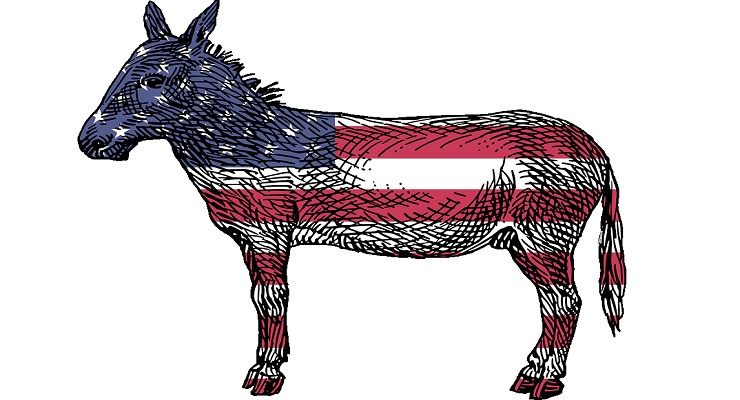
From Voice of America
When Democratic lawmakers won the majority in the House of Representatives in recent elections, they not only won the ability to better shape legislation in the House, they also gained the enormous power of investigation. Investigations have always been an important way for Congress members to hold government officials accountable, to inform public policy and to spur national debate.
House Democrats have promised to hold investigations on a range of topics, including the activities of President Donald Trump and his staff. Here is a look at the history and importance of Congress’ power to investigate matters.
Why does Congress have the ability to investigate?
The U.S. Constitution says Congress will hold “all legislative powers” of government. While the Constitution does not explicitly grant Congress the right to carry out investigations, the founding fathers envisioned lawmakers investigating matters as part of their responsibility to legislate and courts have long upheld that role.
According to a website run by the Senate Historical Office,George Mason of Virginia said at the Constitutional Convention in 1787 that members of Congress “are not only Legislators but they possess inquisitorial powers. They must meet frequently to inspect the Conduct of the public offices.”
Congressional investigations date back to 1792 when the House passed a resolution to examine the St. Clair expedition, according to the Senate Historical Office. General Arthur St. Clair led U.S. soldiers to their defeat in a 1791 battle against Native American fighters in what is now Ohio, prompting President George Washington to demand his resignation and for Congress to start an investigation.
What can Congress investigate?
Congress is able to investigate anything that pertains to legislative matters.
“Hearings are most commonly held for three reasons: to consider pending legislation; to investigate issues that may require legislation in the future; and, to investigate and oversee federal programs,” according to a website run jointly by the Clerk of the House’s Office and the State Department’s Office of the Historian.
Investigations also serve an important function to oversee the judicial and executive branches, including probing possible presidential wrongdoing, and in rare cases laying the groundwork for impeachment proceedings.
In its more than 200 years, Congress has investigated a huge range of topics including the sinking of theTitanic, organized crime, the Vietnam War and the Watergate scandal, which was instrumental in bringing about the resignation of President Richard Nixon.
“Today congressional oversight enables House and Senate members to serve as the eyes and ears of the American public,” according to the Senate Historical Office.
The Supreme Court has ruled that one thing Congress cannot investigate is the private affairs of individual citizens.
Who carries out the investigations?
Both the House and Senate can hold investigations, which are usually carried out by one of the many committees by which the houses of Congress are organized. Lawmakers can also set up joint committees composed of members of both houses of Congress as well as create special committees, which are set up for a specific purpose.
What resources do Congressional committees have for investigations?
Members of Congress generally have more ability to research topics than the average citizen. Lawmakers typically have access to government information, including, in some cases, classified material. They also have a trained staff that has the time and ability to research issues.
Additionally, Congressional committees have the ability to compel witnesses to testify before lawmakers. In 1927, the Supreme Court ruled that Congress could hold witnesses in contempt if they failed to testify when subpoenaed.
In a ruling two years later, the high court said that witnesses who lie before a congressional committee can be convicted of perjury. Congressional committee members can also call on outside experts to testify before investigative hearings and to help make a more detailed study of the issues.
What is the impact of Congressional investigations?
Congressional investigations are not just a means to get information that is important to lawmakers. They are also a way to inform the public about various topics and to shape the political narrative. Most committee hearings are open to the public and are widely reported in the media.
While investigations generally function to enable lawmakers to make better policy decisions, they are also an integral part of the U.S. government’s system of checks and balances. By design, lawmakers have a responsibility to bring to light abuses by the others branches of government, including those carried out by the president, cabinet members, and judges.
Challenges to the success of Congressional investigations include the appearance of partisanship, which can taint the results in the public eye. Sam Ervin, the chairman of the Senate Watergate Committee, which was set up to investigate the Watergate scandal in 1972, warned that for an investigation to be successful, it must avoid partisan politics.
He said investigations “can be the catalyst that spurs Congress and the public to support vital reforms in our nation’s laws,” but said they may also “afford a platform for demagogues and the rankest partisans.”
Leave a Reply